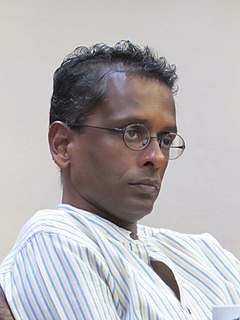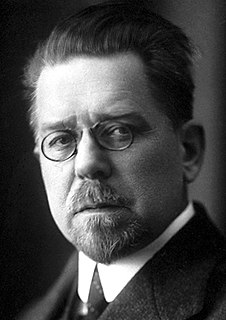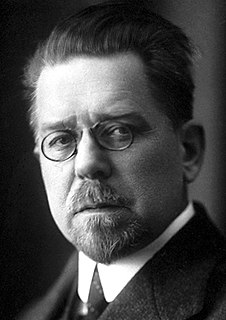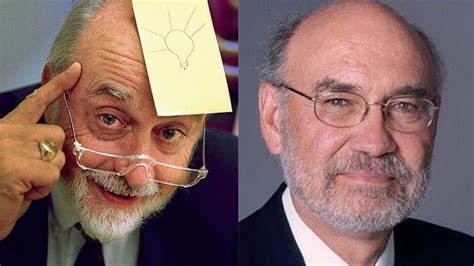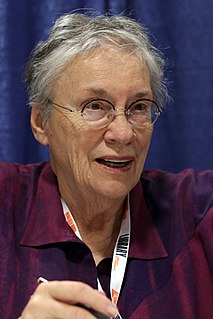A Quote by Shyam Selvadurai
I knew I had to write about Canada. I just could not find in literature any examples of the immigrant experience that I've had.
Related Quotes
At this rate, I'd be lucky if I wrote a page a day. Then I knew what the problem was. I needed experience. How could I write about life when I'd never had a love affair or a baby or even seen anybody die? A girl I knew had just won a prize for a short story about her adventures among the pygmies in Africa. How could I compete with that sort of thing?
When I had finished the book I knew that no matter what Scott did, nor how he behaved, I must know it was like a sickness and be of any help I could to him and try to be a good friend. He had many good, good friends, more than anyone I knew. But I enlisted as one more, whether I could be of any use to him or not. If he could write a book as fine as The Great Gatsby I was sure that he could write an even better one. I did not know Zelda yet, and so I did not know the terrible odds that were against him. But we were to find them out soon enough.
The IIP had to be folded up by the Harper Conservatives after it became clear - and as it took the 'South China Morning Post's Ian Young to reveal - that Canada's ragged refugee-class immigrants had contributed more to Revenue Canada than the IIP's big-spender immigrant investors did over the life of the program.
I had a lot of great lakes of ignorance that I was up against, I would write what I knew in almost like islands that were rising up out of the oceans. Then I would take time off and read, sometimes for months, then I would write more of what I knew, and saw what I could see, as much as the story as I could see. And then at a certain point I had to write out what I thought was the plot because it was so hard to keep it all together in my head. And then I started to write in a more linear way.
What I find to be very bad advice is the snappy little sentence, 'Write what you know.' It is the most tiresome and stupid advice that could possibly be given. If we write simply about what we know we never grow. We don't develop any facility for languages, or an interest in others, or a desire to travel and explore and face experience head-on. We just coil tighter and tighter into our boring little selves. What one should write about is what interests one.
One of the first speaking roles I had was in a film called 'Svengali', with Peter O'Toole and Elizabeth Ashley. I was a waiter, and I had about three lines. And I was ready! I had been around people like that, and I knew they were just actors. All the work I had done, it was all there, and I felt like I knew all the mechanics.
For a moment, I wondered how different my life would have been had they been my parents, but I shook the thought away. I knew my father had done the best he could, and I had no regrets about the way I'd turned out. Regrets about the journey, maybe, but not the destination. Because however it had happened, I'd somehow ended up eating shrimp in a dingy downtown shack with a girl that I already knew I'd never forget.
